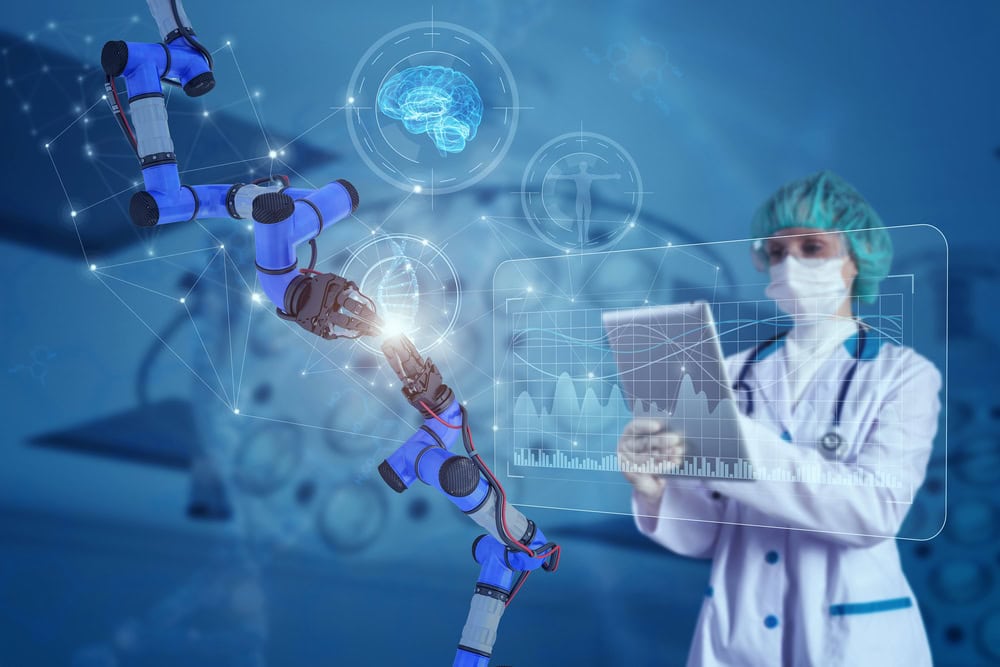A second opinion from Dr. KI? An option for 57 percent
In a survey conducted by Bitkom, almost half of respondents believe that AI can make better diagnoses than humans in certain cases. However, a third are also afraid of the use of AI in medicine.

What exactly does my diagnosis mean? What side effects could the prescribed medicine have? And are my symptoms really uncritical? Many people will want to turn to artificial intelligence with these and similar questions after an appointment at the doctor's surgery in the future. 6 percent have already done so, for example via symptom checker apps that are already available or chatbots such as ChatGPT. A further 51% can imagine asking an AI for a second opinion in the future. These are the results of a representative survey of 1,140 people in Germany commissioned by the digital association Bitkom.
According to the survey, 71% believe that doctors should receive support from an AI whenever possible. Almost half (47%) believe that an AI will make better diagnoses than a human in certain cases. "Algorithms can analyze huge amounts of medical data, recognize patterns and thus diagnose diseases at an early stage that are sometimes difficult for humans to recognize, especially in the case of rare diseases where experience and routine are lacking"says Bitkom Vice President Christina Raab. "In the future, artificial intelligence will help doctors to make diagnoses and select therapies much more than before. At the same time, they can help patients to protect their health and deal with illnesses sensibly."
The vast majority of people in Germany share this view. 85% consider AI to be a huge opportunity for medicine. Two thirds (69%) are in favor of promoting the use of AI in medicine in particular. 40 percent would agree to their health data being used to train AI. However, many people also have concerns. One in three (35%) are worried about the use of AI in medicine.
Raab: "Artificial intelligence has made great progress in radiology and pathology in particular and can reliably evaluate X-ray and CT images, for example. But much more is possible. What is important is an opportunity-oriented regulatory framework and the inclusion of AI in medical and nursing training." However, 79 percent of Germans are in favor of strictly regulating the use of AI in medicine.
Source: Bitkom









